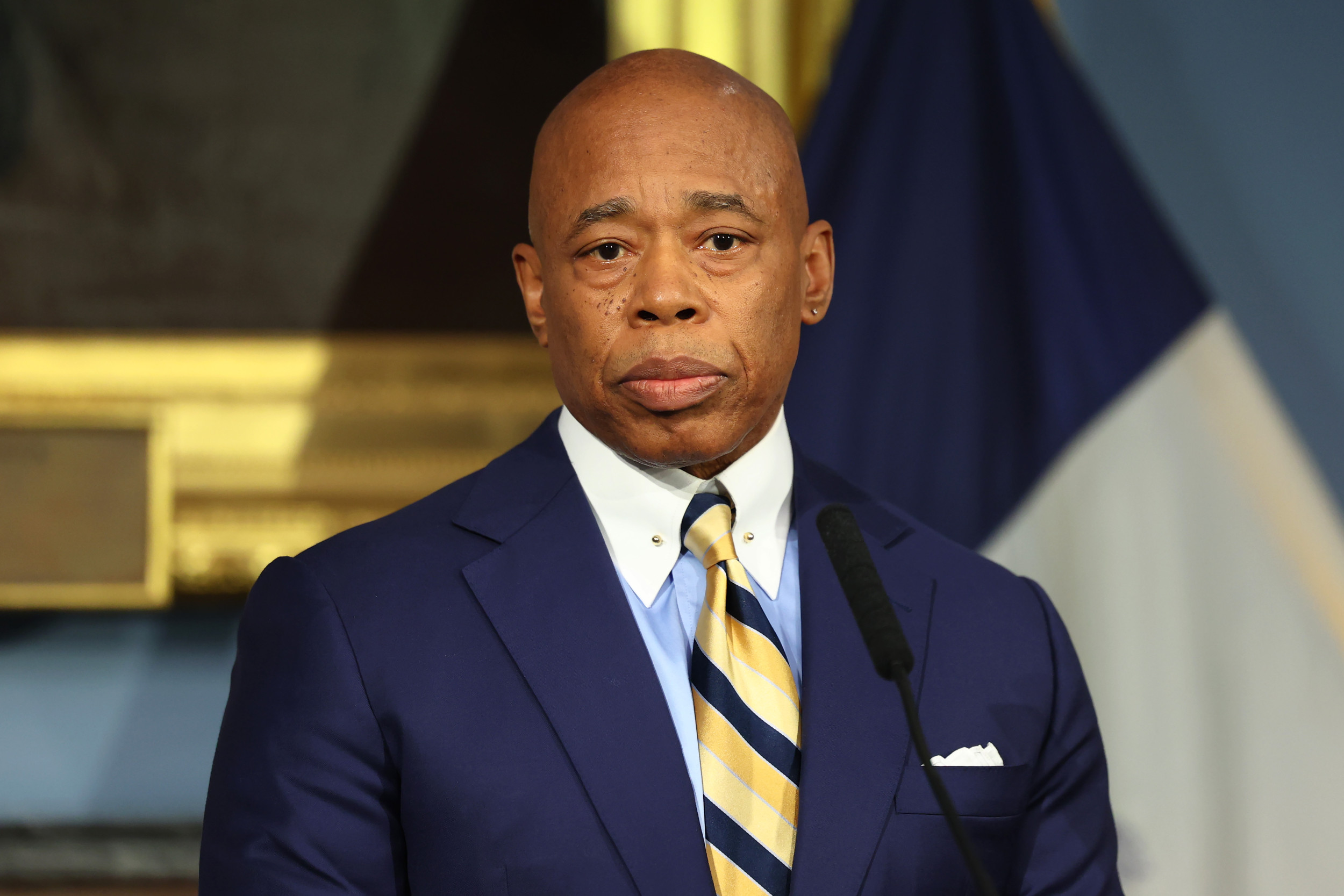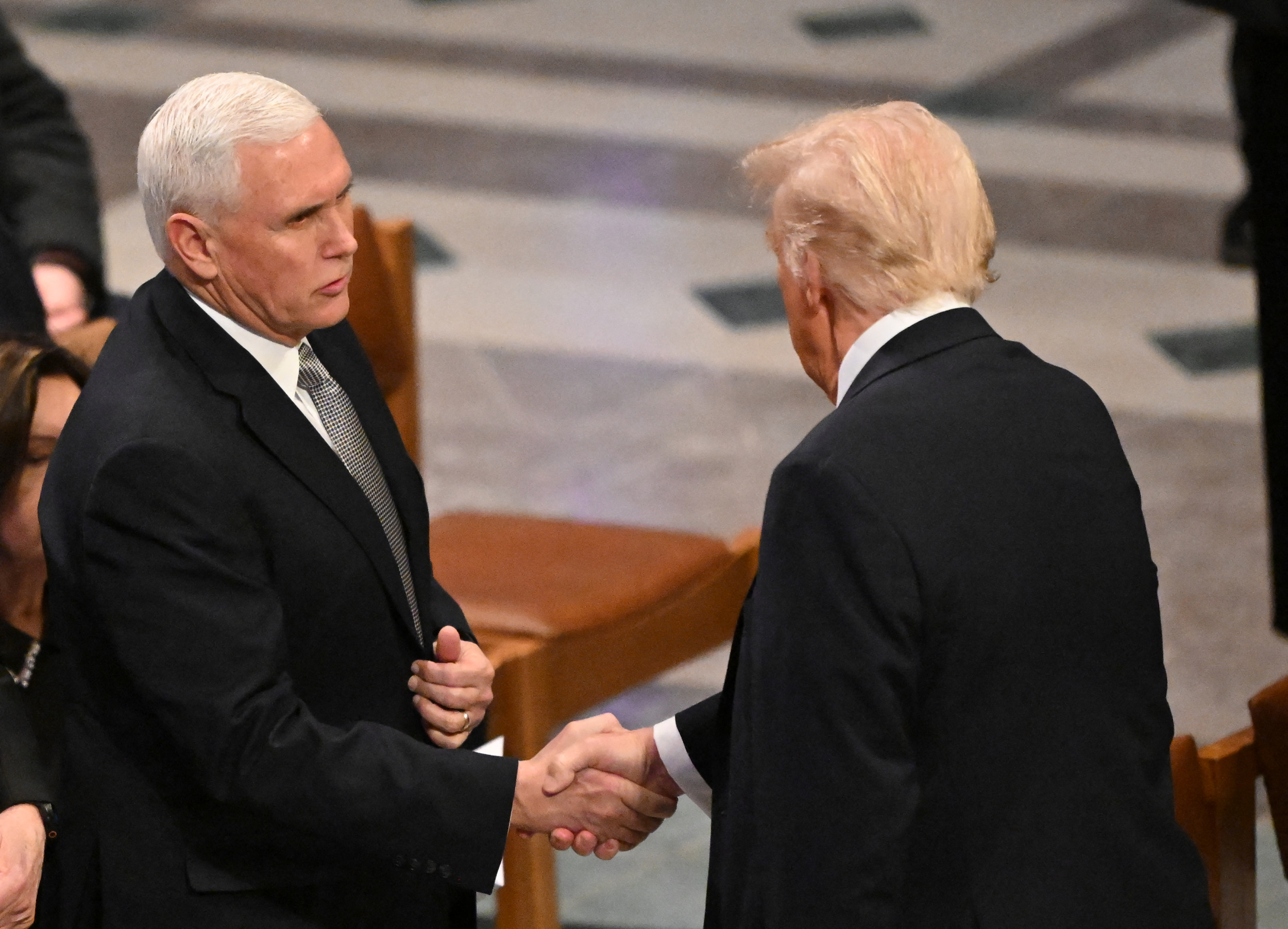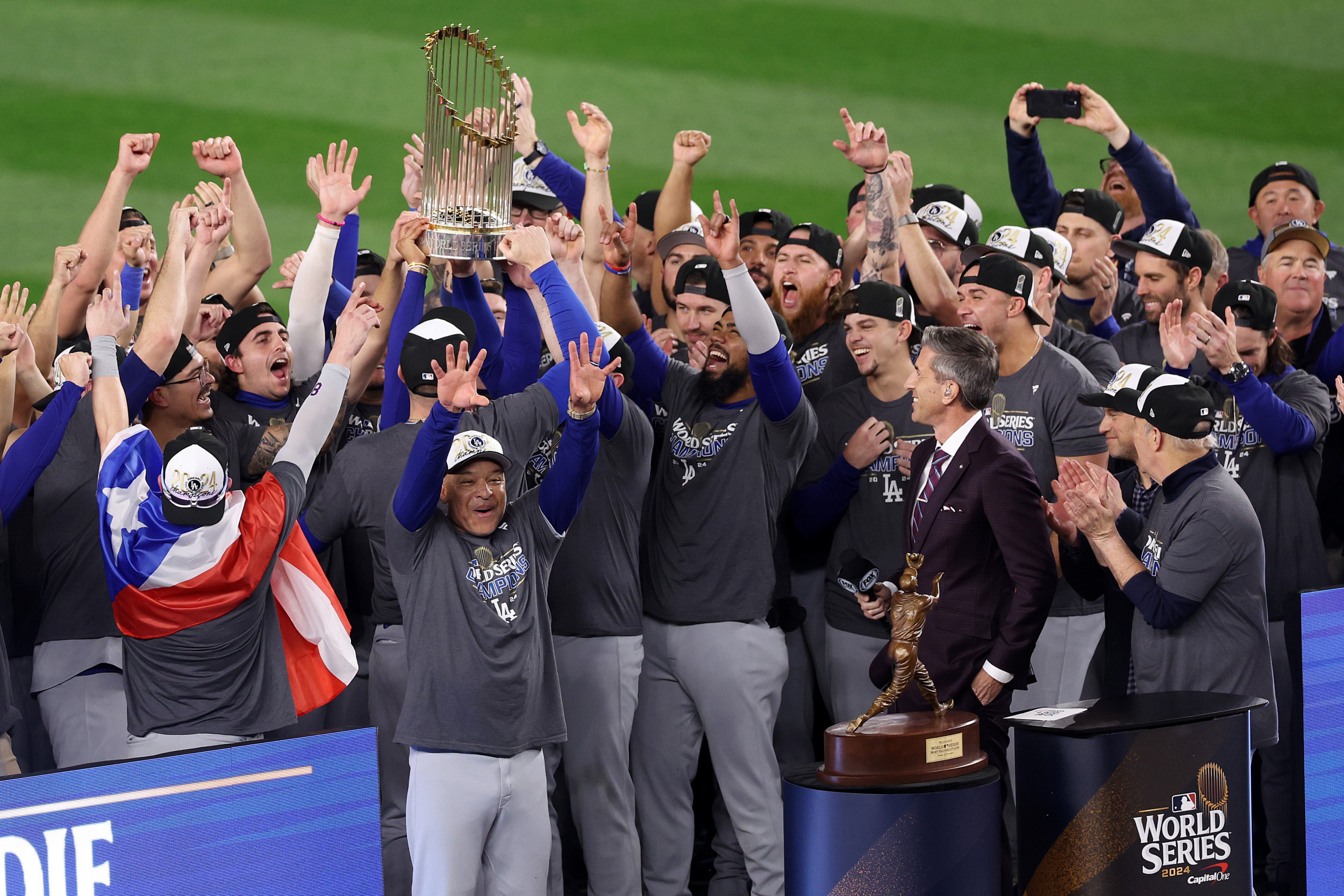Dawn Staley, head coach of the University of South Carolina’s women’s basketball team, has made history by signing the largest contract for a coach in women’s college basketball. On Friday, the university announced that its Board of Trustees had approved a contract extension that will keep Staley with the Gamecocks through the 2029-30 season.
The groundbreaking deal includes an annual base salary of $4 million, a $500,000 signing bonus, and a $250,000 annual escalator, bringing Staley’s total compensation to approximately $25.25 million. This contract surpasses the salaries of other high-profile women’s basketball coaches, including Kim Mulkey of Louisiana State University and Geno Auriemma of the University of Connecticut, who earned $3.2 million and $3.1 million annually, respectively, in 2024.
Staley’s new salary is a reflection of her incredible success as a coach, but also a part of the wider, slowly shifting narrative surrounding women’s sports pay. Historically, there has been a stark pay disparity between men’s and women’s athletics. In college basketball, for example, men’s coaches can earn upwards of $8 million or more, while women’s coaches have typically earned far less—despite comparable levels of skill, dedication, and success.
This disparity extends beyond coaching salaries to include athletes themselves, particularly in the realm of Name, Image, and Likeness (NIL) deals. While male college athletes in high-profile sports like football and men’s basketball secure seven-figure sponsorships, women athletes often see far smaller deals—if any. Even top women’s basketball players like South Carolina’s own Aliyah Boston, who was the 2023 NCAA Player of the Year, have faced difficulties securing comparable NIL opportunities, highlighting the broader issue of gendered financial inequities in college sports.
However, Staley’s landmark contract may signal a new beginning, not just for women’s basketball coaching salaries but for the broader landscape of women’s sports. As women’s basketball continues to gain in popularity, viewership, and media coverage, there is a growing recognition of the need for more equitable compensation. Staley’s contract shows a willingness to invest in women’s athletics, and it may set a precedent for future deals.
Under Staley’s leadership since 2008, South Carolina’s women’s basketball team has become one of the most dominant in the country. The Gamecocks won their first conference title in 2014, followed by their first national championship in 2017, and added another in 2022. The 2024 season was historic, as the team completed a perfect 38-0 season and won yet another national title, becoming only the 10th undefeated team in the history of women’s college basketball.
“I’m proud to represent the University of South Carolina and of its investment in women’s basketball,” Staley said in a statement. “What we’ve been able to accomplish on the court is a testament to what can happen when you bring together the right people from a team perspective but also have the right commitment from the University, the Athletics Department, and the community to providing that team with everything it needs to be successful.”
While Staley’s contract is undoubtedly a win for her and the South Carolina program, it also represents a growing movement toward gender equity in college sports. As more schools and institutions recognize the commercial value of women’s basketball, especially with the added visibility from national tournaments and TV contracts, pay disparities are slowly being addressed. Staley’s deal could well be the start of a new chapter, not just in coaching salaries, but in the recognition of women’s sports as deserving of the same financial backing and respect as their male counterparts.




















 English (US) ·
English (US) ·